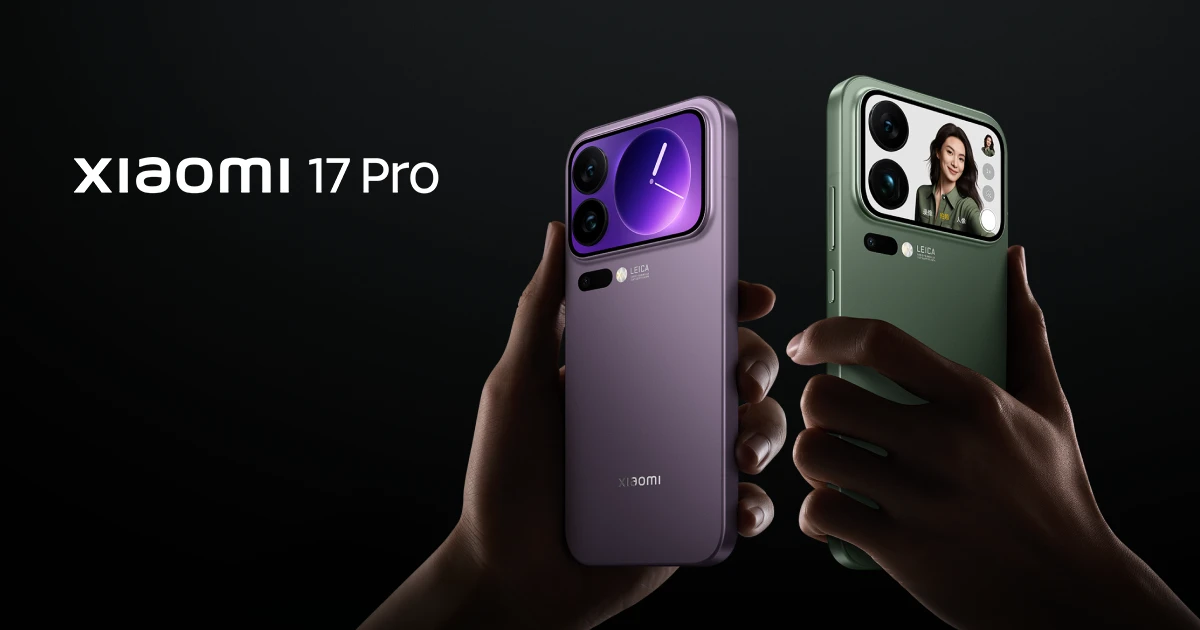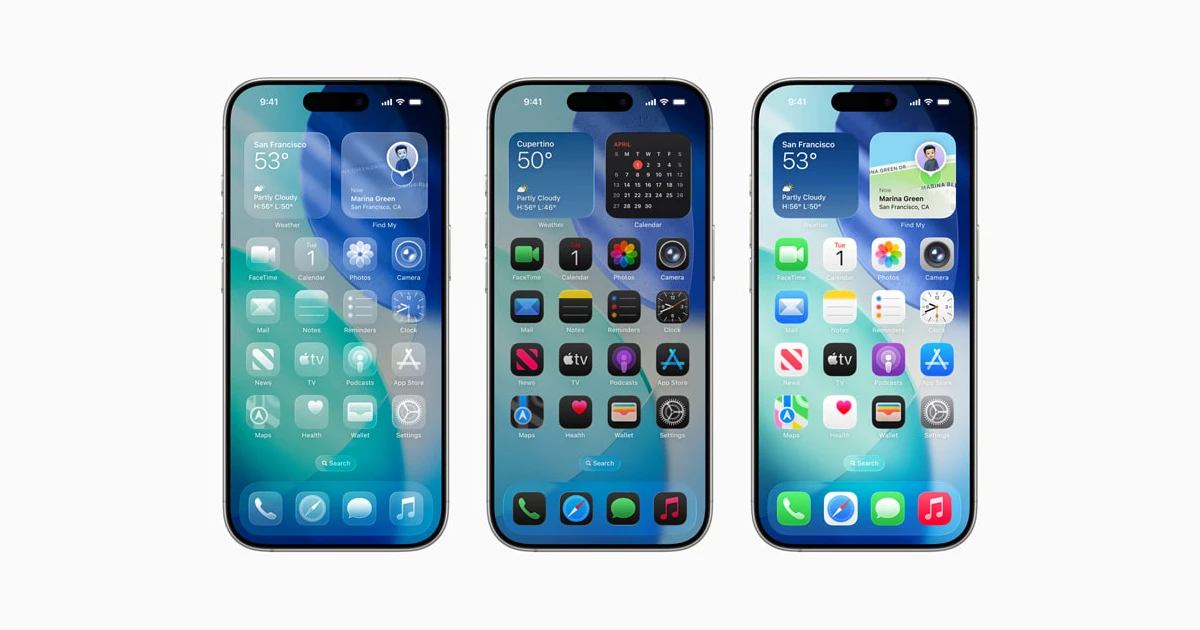Microsoft Dynamics 365 vs Zoho CRM: Which CRM Software Is Better?
Business success relies on having a great relationship with our customers! The answer lies in having a powerful CRM system.
Many companies (especially enterprises) have to deal with a customer database of hundreds of customers – if not thousands, or maybe even millions. That’s huuuge! So, what can we do to ensure that each customer is treated professionally (and fast)? Exactly – we must implement a CRM software tool.
What is CRM?
Customer Relationship Management (CRM) is the process by which we, as a business, manage all interactions and conversations with our customers and possible customers. There is only one goal: to improve business-customer relationships to grow as a business. A CRM system helps us stay connected with our customers, improve workflows, and guarantee our success. From contact management to lead and contract management, a CRM manager optimizes the entire customer lifecycle process.
When you Google “best CRM software”, chances are that the first two options will be Microsoft Dynamics 365 CRM and Zoho CRM. And it makes sense! These two are the titans of the sales industry. But which one should you choose?
If you’re unsure which customer relationship management software is right for you, don’t worry! We’re here to walk you through the ultimate comparison between Microsoft Dynamics 365 and Zoho CRM, the difference between these two work apps’ features, and which software is the better.
Microsoft Dynamics 365 vs Zoho CRM – At a Glance
Microsoft Dynamics 365 has been a giant in the sales industry for a while now. However, Zoho has also started gaining popularity due to its out-of-the-box functionalities for the sales and marketing teams. Read more about Microsoft Dynamics 365 and Zoho CRM and find out which fits you better.
- Microsoft Dynamics 365 is both an enterprise resource planning and customer relationship management software with a complete set of applications useful for all teams – from sales to risk management, accounting, customer service, etc. It is suitable for mid-sized and large companies, integrating CRM features with financial and operational features (Dynamics NAV) that can be quickly connected with PowerBI and Office 365.
- Zoho CRM is a cloud-based entry-level customer relations management solution created as part of the Zoho ecosystem. It integrates easily with the other 25 business software applications that Zoho developed. This CRM platform is suitable for all types of businesses, but it’s extremely popular among startups, small businesses, or newbies looking to track leads without spending a fortune.
Microsoft Dynamics 365 vs Zoho CRM – Feature Comparison
Microsoft Dynamics 365 and Zoho CRM are packed with complex and powerful features to help businesses take their operations to the next level. Here is a clear breakdown of the Microsoft Dynamics 365 features and Zoho CRM features.
Microsoft Dynamics 365 Features:
- Customer Insights: Create personalized experiences for your customers by combining data-backed information about their journeys with real-time analytics. Understand your customers by creating a complex profile from diverse data sources, boosting engagement with AI-powered algorithms, nurturing leads, and simplifying journey creation.
- Customer Voice: Listen to your customers by tracking feedback across multiple channels through personalized surveys. This way, the sales team can understand their customers’ perception of their experience with the product or with the team. Even more so, we can discover customer sentiment, possible market trends, and other necessary metrics.
- Sales Force Automation: Make the sales process faster and more efficient with artificial intelligence tools, automation, and real-time data to close more deals, meet customer needs, and generate pitches or emails to accelerate the sales process.
- Relationship Sales: Connect Microsoft Dynamics 365 with LinkedIn Sales Navigator. Find possible customers with LinkedIn Sales Navigator and save the contacts directly into the Microsoft Dynamics 365 CRM. This is also beneficial for understanding customer preferences to determine what type of content our users consume by tracking their online behavior.
- Predictive Analytics: Microsoft D365 provides one of the most accurate features regarding predictive analytics. This way, the sales team can access predictive sales based on AI-powered analytics and data-backed information to build dashboards and analyze the sales team's performance.
- AI-Based Recommendation: One of the best things about Microsoft Dynamics CRM is that it can analyze previous user interactions and automatically make product recommendations with specific-targeted prices in line with historical data.
- Automated Workflows: Automate almost the entire sales process – automated delivery of emails, AI-generated pitches, and emails, lead scoring, automated account management, customer service, etc.
Zoho CRM Features:
- Journey Orchestration: With Zoho CRM’s features, users can now create personal and linear experiences for customers with two main tools: Path Finder & Journey Builder. With Path Finder, users can identify how customers interact with the company across multiple channels. In contrast, Journey Builder allows users to create cross-functional paths for their customers to send them exactly what they want based on the previous paths.
- Build-in AI Assistant: Zia is Zoho’s assistant, a conversational AI chatbot that can understand custom commands and queries. You can chat with Zia or talk to her – the choice is yours. From simple tasks like taking notes to more complex tasks like computing sales numbers and making predictions, Zia can do everything to help you automate your workflow process. Even more so, Zia’s Competitor Alerts feature is one of the best things about Zoho CRM, as it can notify you immediately when a competitor's name popups.
- Sales Force Automation: Capture leads and automate scoring to identify possible customers faster; improve your deal management to close deals quicker; track, monitor, and analyze your customers’ data and get real-life insights about their interactions; automate your sales workflow in your Zoho projects.
- Process Management: Build and implement systematic processes for your business with their Blueprint feature; automate your approval process; improve your task management process; automatically escalate overdue cases to the right sales representative; automatic review process.
- Omnichannel: Bring your customers closer by communicating with them through various channels – all within Zoho CRM. From emails to calls, SMS messages, Live Chat, and even social media interactions – Facebook, Instagram, LinkedIn, Twitter–and many other channels.
- Canvas Design Studio: Zoho CRM software comes with drag-and-drop that allows you to customize your CRM canvas according to your needs. Now, you can personalize and customize the user interface design of your CRM, including fields, buttons, lists, and so many others.
- Predictive Zoho Analytics: The customer relationship management software includes Zoho Analytics, which can also provide predictive sales based on AI-powered analytics and data-backed information. This way, we can build dashboards to analyze the sales team's performance.
- AI-Powered Analytics: From lead insights to deal analytics, email analytics, and real-time reporting, Zoho CRM has developed an advanced analytics platform to help sales teams monitor every step in the sales cycle. It also provides reports dashboards with widgets for charts, funnels, activity reports, sales trends, team performance, marketing campaigns, and so many more.
Microsoft Dynamics 365 vs Zoho CRM Compared – Which Is Better?
Ease of Use
Although both Microsoft CRM and Zoho CRM have complex and sophisticated features, they are easy to use and learn due to their user-friendly and intuitive interface. Even more so, they both come with a large range of customizable elements that allow teams to set up and manage the platforms quickly.
Even more so, the integration of Microsoft D365 with other Microsoft products like Word or Excel makes it ideal for all organizations to have everything in one place. At the same time, Zoho CRM software comes with a drag-and-drop feature that gives you the ability to customize your CRM canvas according to your needs. Now, you can personalize and customize the user interface design of your CRM, including fields, buttons, lists, and so many others.
Platform Use
Yes, both platforms are easy to use and have complex features. However, Microsoft Dynamics CRM is more suitable for large companies due to its integration with other Microsoft products and its pricey plans.
On the other hand, Zoho CRM is known for its user-friendly interface and affordability, making it a popular choice among small and medium-sized businesses. Plus, it’s free for companies with less than three users. Even more so, Zoho CRM offers a 15-day free trial for all plans, allowing companies to test the platform before committing to it.
Features
When it comes to Microsoft Dynamics 365 features and Zoho CRM features, it’s clear that the CRM developed by Microsoft is the winner.
While both platforms offer similar features, Zoho may need more advanced functionalities than Microsoft CRM. Why exactly? Well, Zoho CRM focuses more on automating the workflow process. Microsoft Dynamics Nav has mostly focused on the entire contact management flow and integrating all Microsoft products, creating an all-in-one platform.
However, Zoho CRM still offers essential powerful tools for sales, marketing, and customer support, including powerful Zoho analytics, that startups at the beginning of the road and SMEs need. This is one of the reasons why Zoho projects can be considered more a small business CRM.
Integrations
The best thing about both Microsoft Dynamics CRM and Zoho CRM is that they are both loaded with integrations.
Microsoft Dynamics CRM is integrated with all the other Microsoft products, such as MS Outlook, Excel, Word, Azure, OneDrive, and so on. At the same time, it also integrates with third-party platforms such as LinkedIn, which is quite surprising and amazing to see.
Zoho CRM integrates with Google Drive, Google Calendar, LinkedIn, MailChimp, DocuSign, and so many others. Even more so, Zoho CRM is also integrated with Zapier, allowing your team to expand your possibilities. Plus, if you’re techy, it offers solutions with open APIs to create and build your integrations.
Pricing
Microsoft Dynamics CRM and Zoho CRM have different pricing models.
One of the appeals of Zoho CRM is the low cost and affordability. This CRM platform is free for businesses with less than three users for unlimited Zoho projects. This is something that Microsoft Dynamics 365 doesn’t offer, making it more appealing for companies low on resources. Even more so, Zoho CRM offers a 15-day free trial for all plans, allowing companies to test the platform before committing to it.
Microsoft Dynamics 365 pricing depends mainly on factors like customization, modules, and licenses. However, Microsoft is licensed on a subscription-based pricing model, with access to the core features. You can either purchase an individual Microsoft Dynamics 365 app for sales, customer support, or marketing. You can also buy the complete CRM package.
Even more so, it’s essential to know that Zoho CRM operates on a cloud-based platform, which eliminates the need for coding and, hence, a development team. So, if you decide to purchase Microsoft D365, ensure you have an amazing IT team willing to help you.
Microsoft Dynamics 365 vs Zoho CRM – Pricing Comparison
When choosing which CRM software to use, pricing is likely an essential factor. So, let’s compare Microsoft Dynamics 365 pricing to Zoho CRM pricing.
Microsoft Dynamics 365 Pricing Annually:
- Sales Professional: $65 per user/month
- Sales Enterprise: $95 per user/month
- Sales Premium: $135 per user/month
- Microsoft Relationship Sales: $162 per user/month
- Customer Insights: $1700 per tenant/month
- Business Central Essentials: $70 per user/month – for small and medium businesses
- Business Central Premium: $100 per user/month – for small and medium businesses
Zoho CRM Pricing Annually:
- Free: for businesses with up to 3 users
- Standard: €14 per user/month – basic sales automation
- Professional: €23 per user/month – accelerate growth with CRM insights
- Enterprise: €40 per user/month – manage CX operations with a complete CRM system
- Ultimate: €52 per user/month – exponential growth with BI functionalities.
So, which one is better? Microsoft Dynamics 365 or Zoho CRM?
Microsoft Dynamics 365 and Zoho CRM are the best CRM software tools available today. However, how they implement these workflows is quite different, which can be helpful in various situations and industries. Both enterprise CRM systems have incredible features that can help us, but it’s up to you to decide which fits your business better. Plus, Zoho CRM has a 15-day free trial, so you can test it out and see if it’s a match.
And remember! Choosing the right customer relations management software tool is like selecting what ice cream you want to eat – it’s all about what you like. There’s no wrong answer, and it’s more about finding the one you enjoy all the time.













